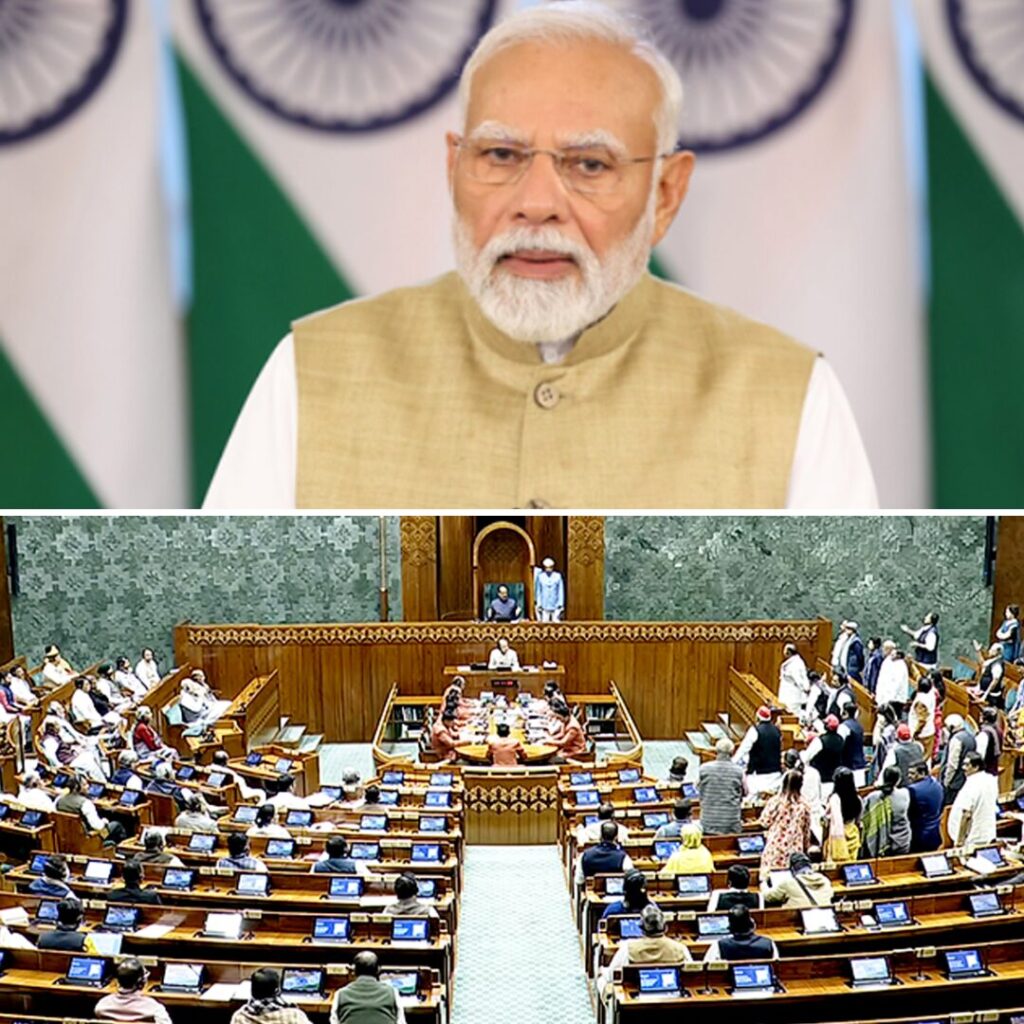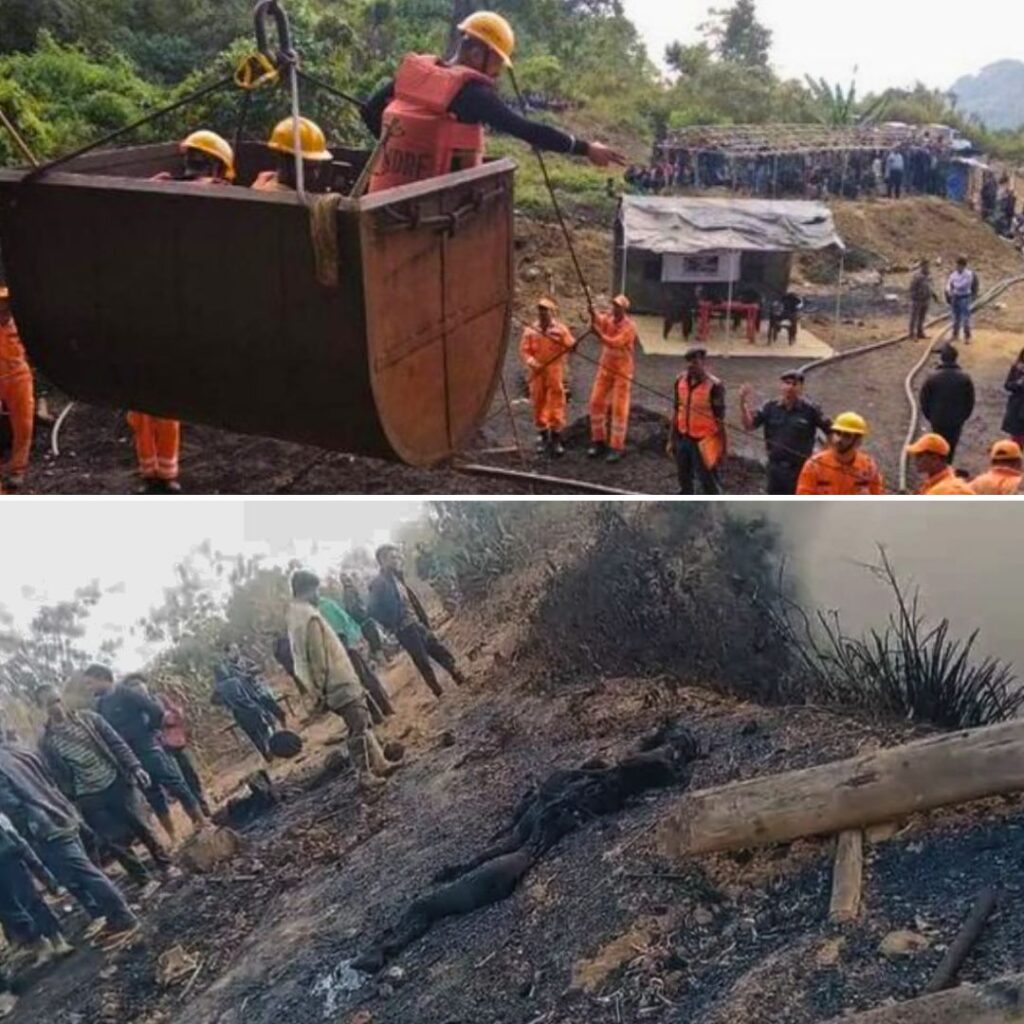‘We are too small to take retaliatory action,’ said Malaysian Prime Minister, Mahathir Mohamad, on Monday, January 20, 2020. He later also said that Malaysia will have to find ways to overcome the situation while addressing reporters on the future of free trade between the Asian countries.
Mahathir, in his statement, puts to rest the speculations of an emerging trade rivalry between India and Malaysia.
The Modi government, on January 08, 2020, decided to ‘restrict’ imports of refined palm oil from Malaysia. The step has further placed hindrances on the inbound shipment of the commodity from Malaysia with almost 30,000 tonnes of refined palm oil stuck or delayed at several Indian ports (Kolkata and Mangalore ports).
The trade restrictions mean that an importer would require a licence or permission for the inbound shipment. According to some industry sources, the government has advised importers not to buy palm oil from Malaysia. A leading refiner informed that the buyers are following the government’s instructions and paying a premium price to import crude palm oil from Indonesia. However, there has been no official ban on Malaysian import.
Reasons For Trade Restrictions
The 94-year-old Malaysian Prime Minister Mahathir has criticised India from the world on the issues concerning the Muslim population.
On August 05, India revoked the special status which was granted under Article 370 to Jammu and Kashmir (J&K), imposing restrictions on free movement amidst communication shutdown. The Indian government has been quick to duck the comments from the international community, calling it an ‘internal matter.’
Taking the Indian government to the task at the United Nations, Mahathir said that India had ‘invaded and occupied’ J&K and also asked New Delhi to work with Pakistan on resolving the issue.
He drew flak from the Modi government when he claimed that people were dying because of the Citizenship Amendment Act 2019 and that the Indian government was taking certain actions to ‘deprive some Muslims of their citizenship.’
Mahathir said that he would not go back on his criticism of New Delhi’s decision to revoke Kashmir’s autonomy. While expressing his concern on the imposed trade restrictions, he adamantly went on to say that he would continue to speak out about the ‘wrong things.’
Will The Trade Restrictions Affect Indian economy?
With nearly 15 million tonnes of annual imports, India is one of the world’s largest buyer of vegetable oils. Palm oil comprises nine million tonnes and the rest six million tonnes is soybean and sunflower oil.
Indonesia and Malaysia are the two countries which supply palm oil with Malaysia producing 19 million tonnes of palm oil annually, while Indonesia produces 43 million tonnes, according to the trade data.
India’s retail inflation rose sharply to a 65-month-high of 7.35 per cent, owing to the rise in food inflation. Vegetable prices have been significant contributors to food inflation in the country.
As per the data provided by the government, the food inflation rose to 14.12 per cent in December as against (-) 2.65 per cent in December 2018.
Since India is one of the largest users of palm oil, a cut on the imports from Malaysia, a potential surge in the palm oil price and domestic production of the commodity would have an impact on the economy.
India-Indonesia: The Sugar bond
In separate trade policy, India is waiting for Indonesia to relax norms for importing sugar from India, which is being discussed for more than a year now. A two-way deal has been under negotiation under which India will give priority to import palm oil from Indonesia against which the latter would offer to buy raw sugar from India.
However, the negotiations have not materialised into agreement yet.
‘We in the sugar industry in India have been waiting for the last one year for Indonesia to take action on relaxing norms for sugar import from India. Once that happens, it will open up a window of opportunity for Indian sugar industry which is facing glut,’ said Abinash Verma, Director General, Indian Sugar Mills Association.
Nationalism Prior To India’s Trade Policies?
India’s trade policy faces several challenges in today’s world of uncertainty, protectionism, falling global aggregate demand, and exports. The trade policies which started as protection during the planning for industrialisation with constraints on foreign exchange in the 1950s later evolved to a relatively open economy with relaxed trade barriers. The entire process of opening the Indian economy to the global village was done with policy changes in various sectors of the economy.
With an internal political furore against the central government’s laws, the Modi government is striving hard to tackle the opposition, however, for the first time in the history of Indian trade policies, the government in an attempt to contain international backlash is resorting to aggressive trade policies.
The g…












